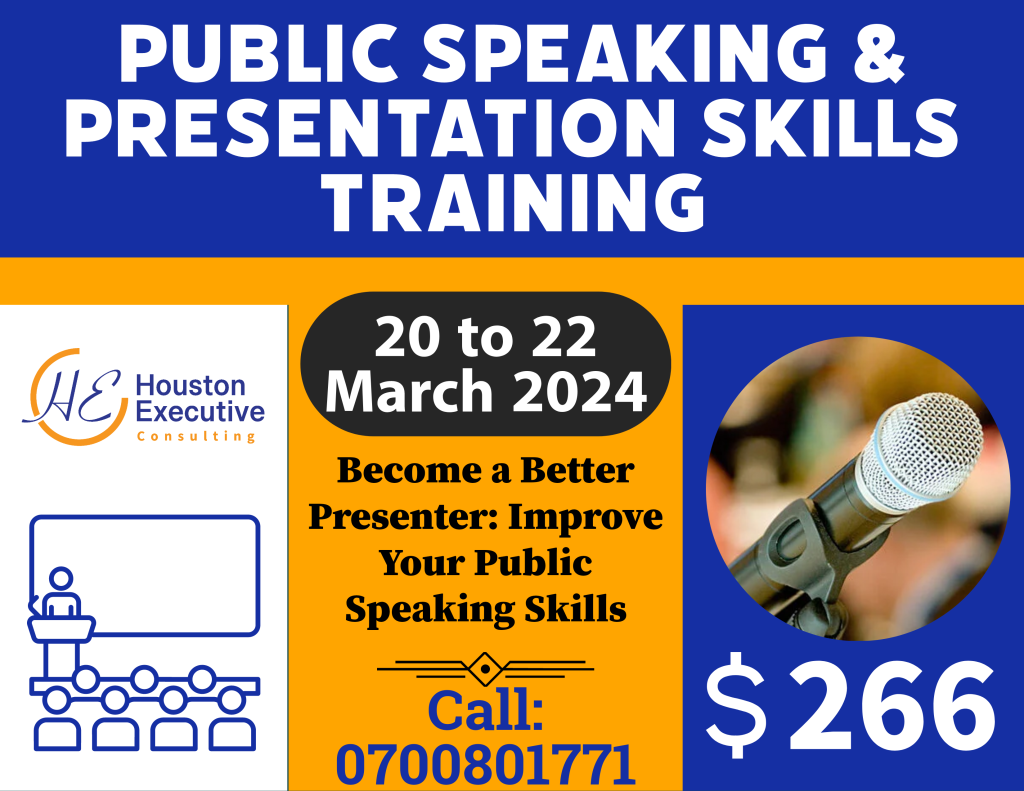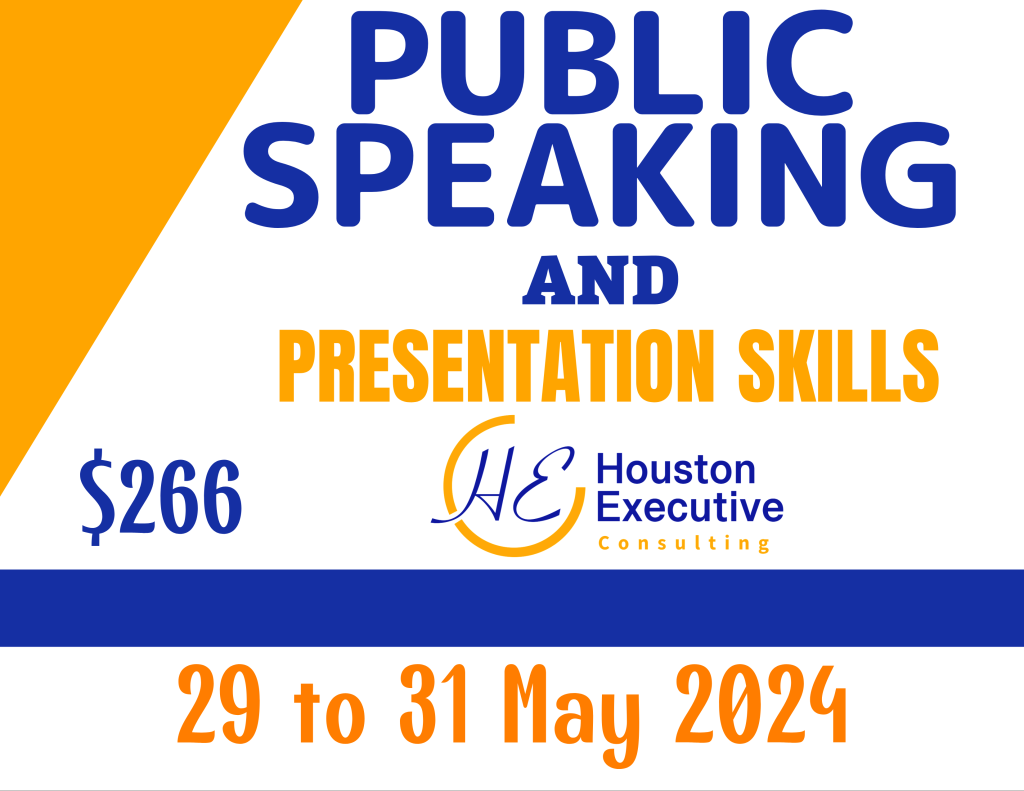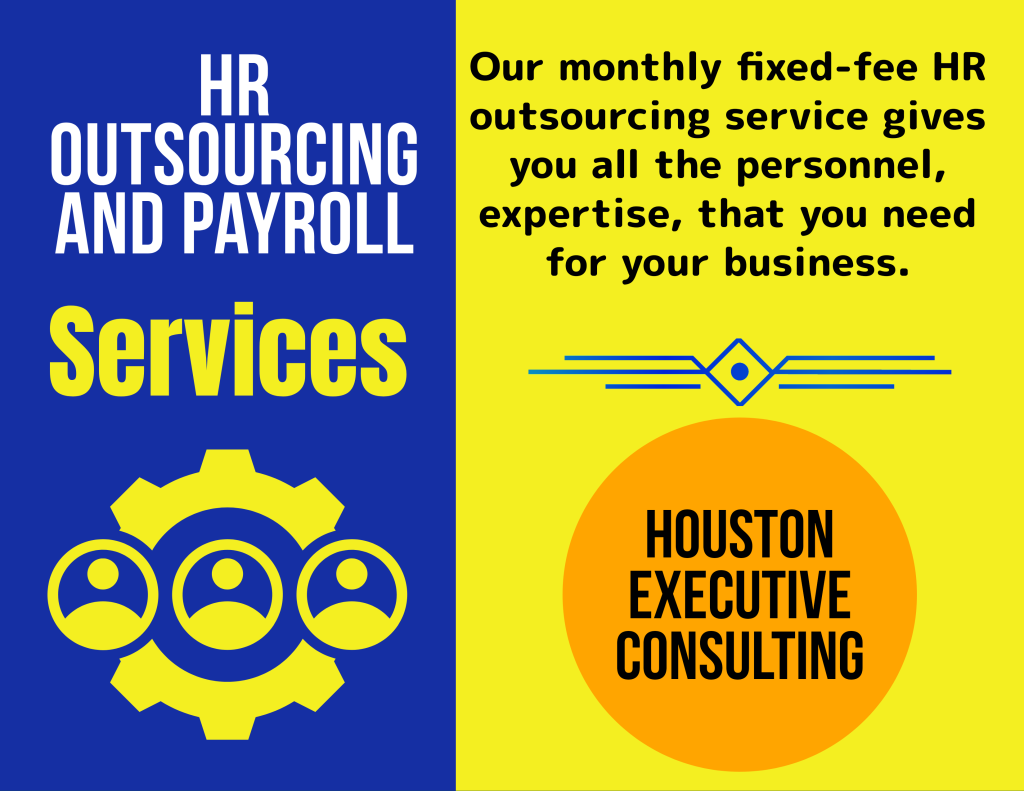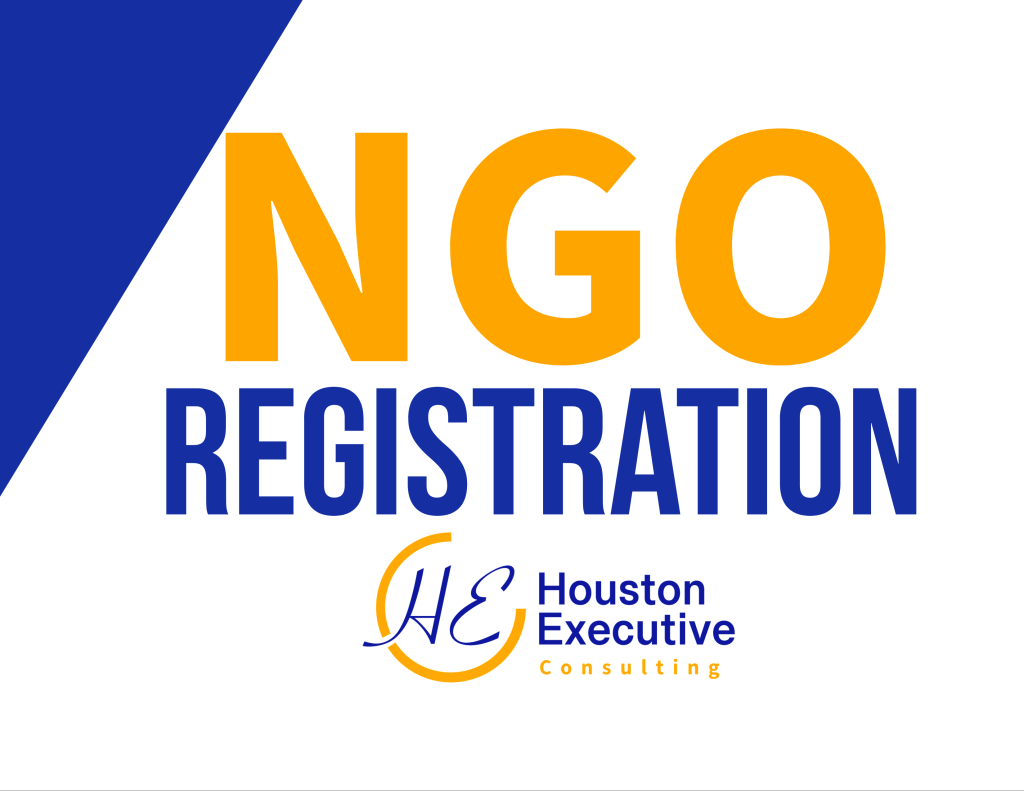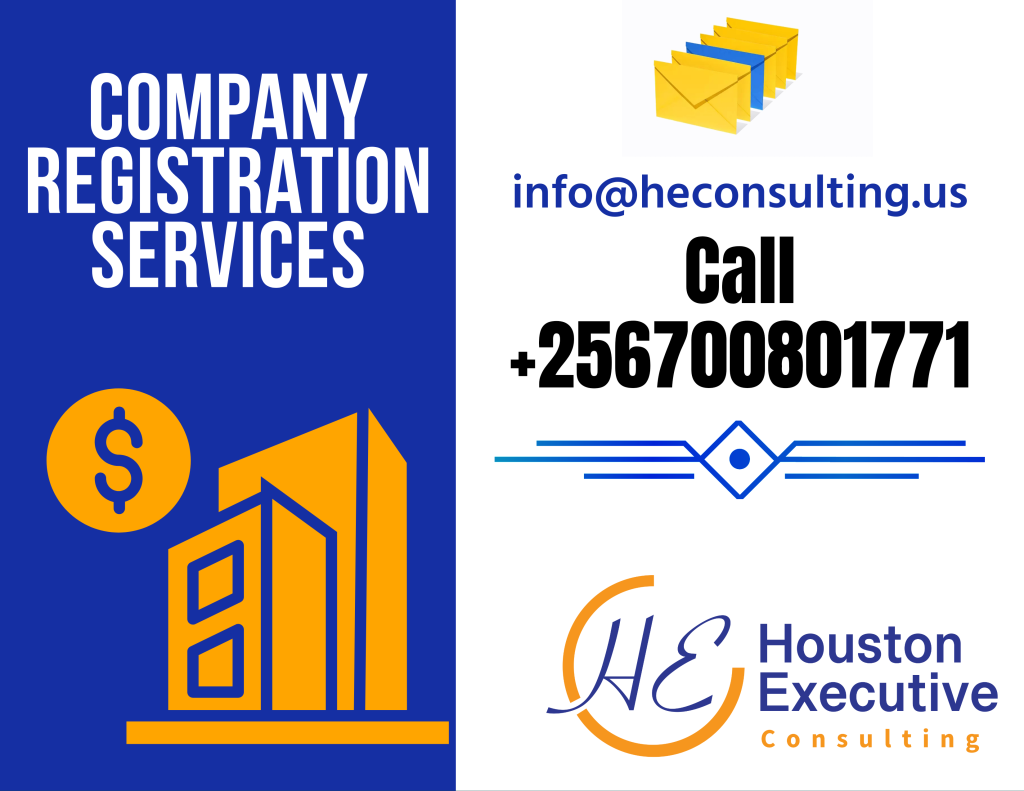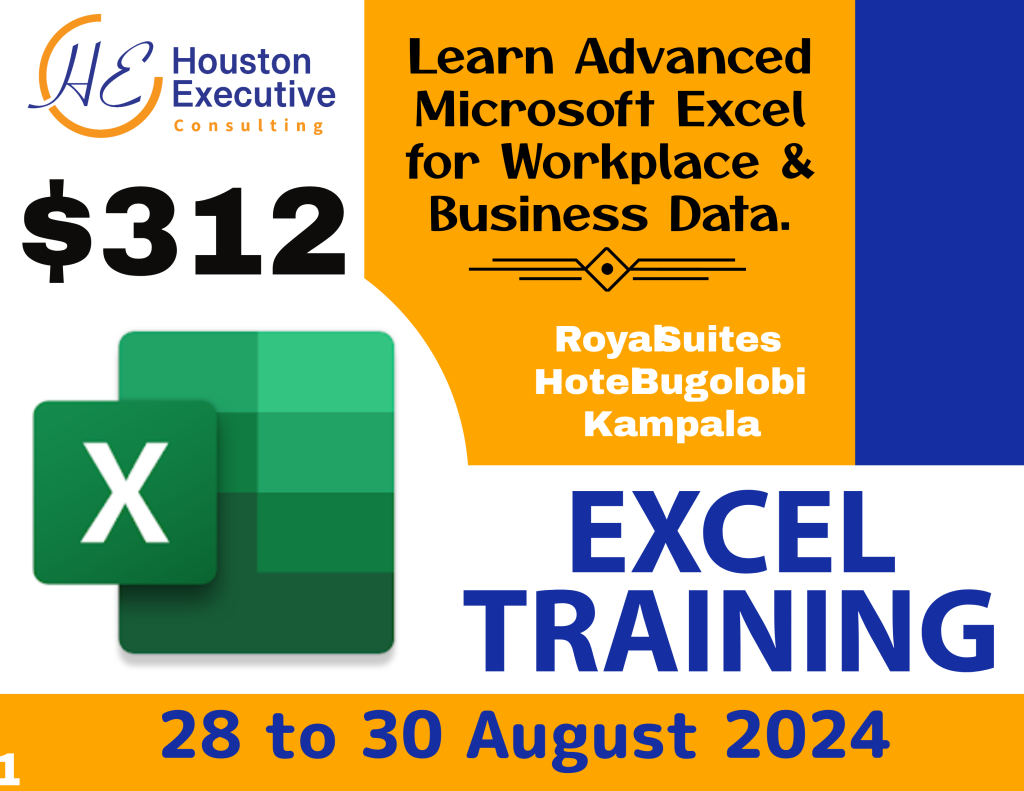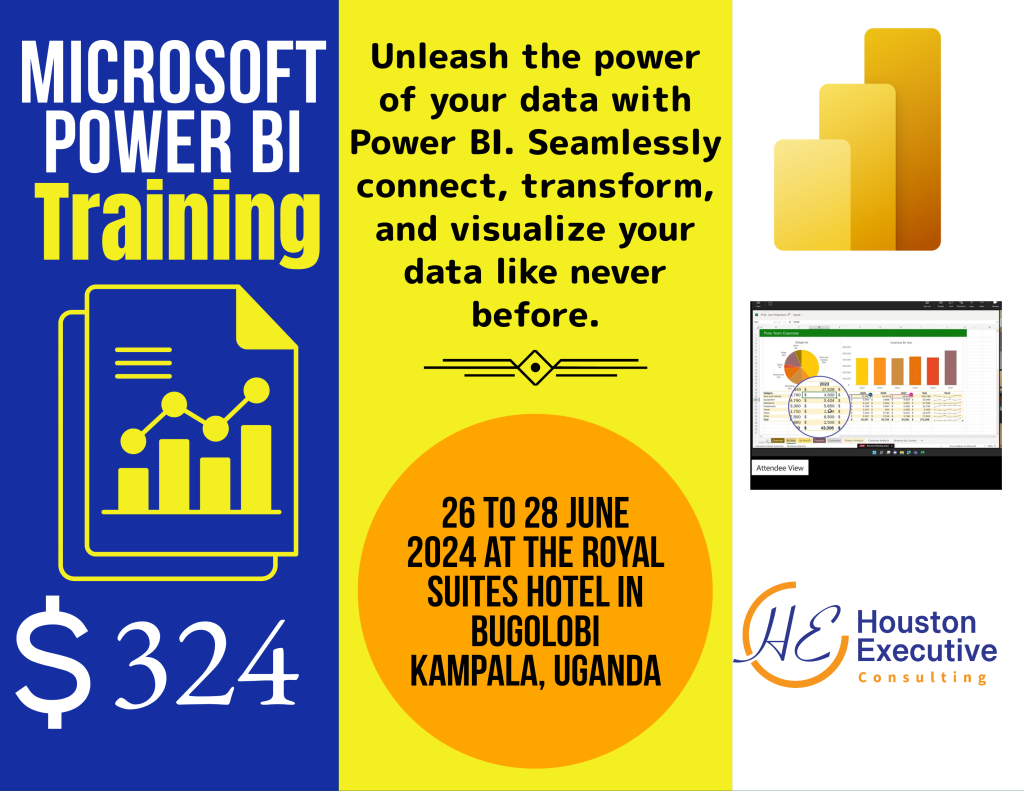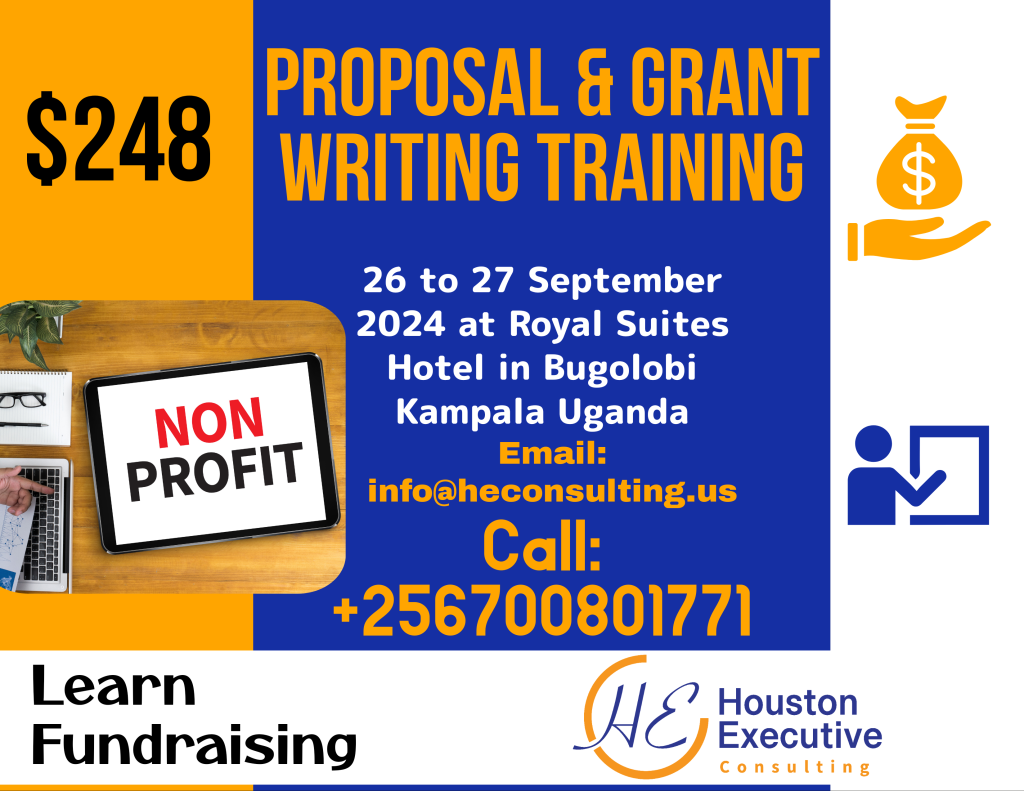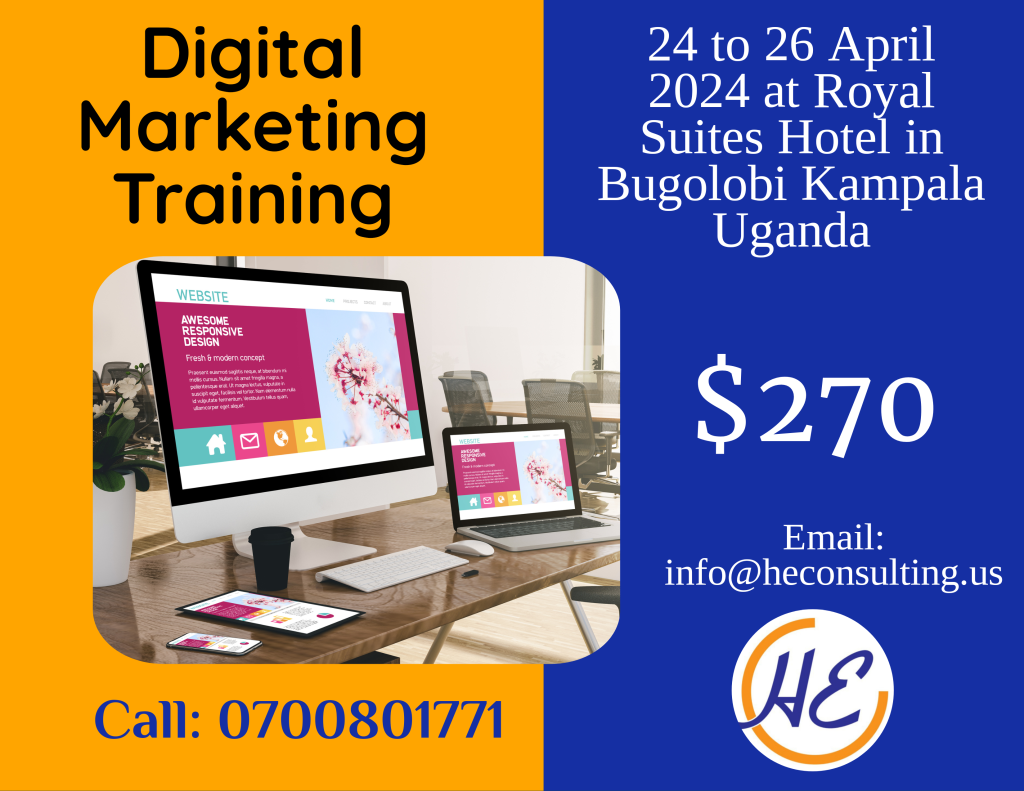How to Find A Job in Uganda, Kenya, And Rwanda
It does not matter whether you’re still at school, a recent graduate, or employed and want a change of role, looking for a job can be quite a challenging process. You have to handle it delicately to get the benefits of finding a good job
The job market across the East African region (Uganda, Kenya, and Rwanda are desirous positive for jobseekers.
With quite a higher youth unemployment it is clear that you will face a very competitive application process. The only key you have to succeed is appropriate preparation. You can now read on to learn the steps you’ll need to take.
1. Start Your Job Search Today
There are places where jobs are posted every day. You can start by making a list of platforms where employment opportunities and vacancies are posted daily like on Google for Job Search.
List of Some of The Search Key Words That Can Help You Benefit from Google Search, Bing & Yahoo Search Engines:
- Jobs in Uganda
- Jobs in Kenya
- Jobs in Rwanda
- Latest Job Opportunities
- Government Jobs
- Employment Opportunities in Uganda
- Employment Opportunities in Kenya
- Employment Opportunities in Rwanda
Job Search Platforms, and Online Jobsites
- careers fairs
- jobs boards
- the local and national press
- sector-specific websites
- social media
- speculative applications
- university careers and employment services
2. Gain Experience
Your career goals and qualifications will guide you to decide on the role you’re aiming for. You have to look for opportunities that will help you gain some experience in your area of interest.
Different ways through which to obtain working experience:
Internships
The internship Programme offers eligible students and recent graduates the opportunity to gain experience. This is where you work in the position of a student or trainee who works in an organization, sometimes without pay, to gain work experience or satisfy requirements for a qualification.
This is a very good opportunity for you to test your skills and gain practical workplace experience. An internship is mostly for a fixed period of work experience.
It is intended to give students and graduates relevant experience in their field as they compare classroom theory with the working environment. Don’t ignore it as a mere school practice but rather a starting point for your career.
Volunteering
Volunteering involves Dedicating your time to helps you make new friends, expand your network, and boost your social skills. Volunteering increases self-confidence that is doing good for others and the community, which provides a natural sense of accomplishment.
You can spare some time to participate in a cause that you are passionate about. This is one of the channels through which you can develop your skills and learn more about working as part of a team.
Work Placements
A work placement is a period of supervised work, where you’ll have the opportunity to experience working in a specific role with a given employer. Through a work placement, you can develop your skills and build your experience for even better career opportunities.
Through this kind of structured workplace learning, you can easily link your knowledge and skills with real workplace situations and will give you important insight into your chosen industry.
Careers and Employability also start with Professional Work Placements which are an integral part of every degree. Many universities build a reputation for producing highly employable graduates by sending them for real-world experience and professional placements in different organizations.
If you have got an opportunity to get a professional work placement at your undergraduate degrees it is a great opportunity to record the skills you acquired. Such is a good opportunity to demonstrate that you can perform on a job with valuable references to give you good recommendations.
Work Shadowing
With work shadowing, you observe an experienced professional and learn from how they are performing the tasks. Work shadowing is an informal type of work experience and usually short-term a few days.
You should have a clear idea of the type of organization and the specific type of role you are interested in observing. Since it is on an unpaid basis, you may start by asking for one day, then see if you can extend this to a few days helping out at the organization.
Document Your Skills Capital and Make Your Career Plan
You can prepare for your career success by taking stock of the professional skills you have acquired throughout your education, training, internships, and previous employment.
When you plan to start a business, it is important to have capital. This is also true for your career. You need to have personal capital to launch your career! Your skills refer to the combination of knowledge, expertise, and social skills.
If you can identify your skills and qualities, then you can begin defining your career plan. Any applicant that has a clear professional development plan attracts potential employers and recruitment agencies.
You have to be clear and effective while describing your skills. You have to connect it to a specific experience; in other words, a professional situation you experienced and in which you used your expertise.
Many recruiters might want you to prove or illustrate your skills utilizing concrete evidence. These are known as ‘examples of proof’.
You will have to think about these questions as you take stock of your skills:
- When did you use that particular skill?
- What was the situation?
- What were the results and goals achieved?
In most cases, skills can be expressed as knowledge (understanding), expertise or know-how (technical & practical mastery), and social skills (behavioral intelligence). You should be able to express your skills in a clear sentence consisting of: I can + action verb + object + context. For example, I can facilitate leadership training workshops for corporate organizations.
Develop A Professional Online Profile
Many organizations use social media to advertise jobs and find new employees. It is time for you to improve your digital footprint, and start using social media to your advantage to raise your profile and promote yourself.
Social media could play an important role in helping you find a job, therefore it’s essential you know how to use it to your advantage.
Using Facebook
Facebook is a great way to network, but it can also result in your rejection if your post contradicts your CV.
If you are going to use Facebook socially, for communication between you and your family, you have to set your privacy so that only they can see you.
If you decide to use Facebook for professional and career purposes, you may have to consider using alternative social media platforms such as Snapchat or WhatsApp for personal conversations.
Keep monitoring your privacy settings on all your social media accounts. You have to be careful and considerate in what you post because you never know who has access to what you are saying. You can follow these few tips:
- Avoid saying something that you wouldn’t say to someone in person
- Don’t share inappropriate content or distasteful jokes
- Don’t post confidential information, including where you live, personal identification data, or bank details – this exposes you and makes you vulnerable to identity theft
Market Your Talent on Linkedin™
An online profile on LinkedIn™, it’s like having your CV live online for all the potential employers to see, including potential employers.
Having a positive online profile might help you come to the attention of potential employers and will support any speculative approaches you make to your contacts.
You can join groups relevant to the kinds of jobs that interest you to draw attention to your online CV. This is how you start to build a professional reputation as someone genuinely interested in that sector.
Joining groups is also one way to get the latest news in that type of work. There are also numerous job adverts placed by individual organizations on LinkedIn™.
You can also contact individuals on LinkedIn™ to try to organize work shadowing, informational interviews, or work experience.
Here are some questions to consider for self-assessment of your social networking profiles:
- Is your online profile correct and up-to-date?
- What are your privacy settings on each social media platform?
- What do you ‘like’ and who do you follow on social media? What does this say about you?
- What’s your profile picture, and photographs posted? What impression might others form of you?
- What comments or opinions do you share via social media?
- What do you and your friends say about each other?
- What skills, competencies and experiences do you share online? Do you take pride in your talents?
- Who are you connected to professionally via social media? (e.g. employers, professional groups, individuals who work in the sort of job that interests you, job agencies, career experts, etc.)
3. Begin Professional Networking
You need to meet more people so that your talents or ideas can be discovered and shared. Networking is a fundamental skill to help you take control of your career. It can help you to get job vacancies or work experience opportunities.
Networking is the process by which individuals build and maintain a professional network community where connections are mutually utilized for personal, professional, and business development.
The purpose of networking is to meet like-minded people, who can help you to develop your career.
Networking happens both formally and informally every day. Get involved in activities that involve networking like socializing with colleagues, attending a networking event, engaging with a social media platform such as LinkedIn and Twitter, and being part of a professional association in your area.
How much time you can invest in your professional networks will determine how effective they are. This is because effective networking requires planning and will be time-consuming. It may take time to establish strong relationships built on trust and to maintain them while you continue to expand your network.
Thanks to technology, you can now use platforms such as LinkedIn and Twitter for online networking. They are quick, effective, and global.
However, face-to-face networking is still very much alive and well and remains an essential social skill.
If you aren’t confident in taking center stage, then play to your strengths and listen to others. Most people appreciate being a good listener.
4. Prepare a Winning CV
A good job comes from Making a positive impression. If you find a role, you’d like to apply for it. CVs can be used in several different ways. For example:
- If a recruiter states ‘apply in writing’, this usually means sending a CV and covering letter.
- You are asked to send a CV along with an application form.
- Many online recruitment websites may ask you to submit a CV to match you with suitable jobs.
- You wish to make a speculative application to an organization that hasn’t formally advertised a position.
- You want to hand it out to organizations at recruitment fairs.
A CV will help you to remember key dates and details for previous roles and education when you’re filling out application forms, so it’s a good idea to keep it updated.
Your CV needs to sell what you have to offer by looking good to read with the ‘right amount of text. It should also have an appropriate style with well-worded content, and a structure which structure makes it easy to find key information
Common Guidelines
there is no single right way to prepare a good curriculum vitae (CV). However, there are a few general guidelines that we use in the East Africa Region (Uganda, Kenya, Tanzania, and Rwanda).
Most of these will apply to other countries especially the UK where many of our employment practice was borrowed. If you decide to apply elsewhere, like the US you should get advice on the format for CVs in that particular country.
- Typically, your CV should be two pages of A4.
- The structure and layout should be clear and logical. This makes it is easy to follow.
- The font should be consistent throughout. Use a standard font that is easy to read such as Arial, Calibri, Georgia, Tahoma, or Verdana, and make it an appropriate size (11 is decent).
- Make headings bold so that they stand out.
As you start to prepare your CV, think about the courses, jobs, activities, and projects that you’ve accomplished in the past.
Take stock of your skills, knowledge, and experience gained from them. this will help you to do a keyword search or phrases within the requirements of the job. and work out how you match them. Try to use these keywords and phrases within your CV effectively.
In some modern workplaces, some recruiters use an ‘applicant tracking system’ to do an initial scan of CVs. Even if others may not use it, your CV needs to be read well.
What should you add to a CV?
- Write your name and contact details at the top of page one
- add information about your education and qualifications
- add details of your work experience from both the current and previous roles
- write about your activities and interests
- provide references of people who know you or have worked with you
Always check the spelling and grammar. Poor spelling can be the quickest way to get your CV into the rejection pile.
Write an Impressive Covering Letter
A good covering letter has to accompany your CV. When you prepare your CV to send to an organization, you should accompany it with a covering letter. It allows you to explain why you are attracted to the job and the organization.
You also use the covering letter to make the match between your skills, knowledge, and experience, and what they need.
Although this is partly done through the evidence you have provided in your CV, the letter brings all the key elements together.
Give it your best because some recruiters may not read your CV if your letter fails to impress. write appropriate English, correct spelling, and grammar.
Top Tips for Writing A Good Covering Letter
- Aim for one side of A4 unless the employer has provided different instructions to follow.
- Use terminology that is appropriate to the organization with a professional writing style. Remember to check your spelling and grammar carefully.
- Use plain, clear language. Avoid using overly emotional language such as ‘passionate about’ and ‘love to’ in your letter. Other terms such as ‘enthusiastic’ or ‘committed’ are probably better.
- Try powerful words such as ‘contributed’, ‘influenced’, ‘managed’, and ‘negotiated’, which are proactive and indicate that you have the initiative and ability to make things happen.
Fill Application Forms Correctly
Most organizations have developed online applications, but there are still a few organizations that prefer you to complete a paper copy.
Application forms have quite many factual sections. These capture personal details, qualifications, work experience, etc.
There are also sections based on the selection criteria, where you will be required to write about yourself. Here you’ll demonstrate your skills, knowledge, and experience.
Unless instructed otherwise, list your qualifications and work experience in reverse chronological order (with the most recent activity first).
How to avoid potential rejection of your application:
- customize your application to the company you are applying to
- show enthusiasm as to why you want that job
- make sure that you meet the essential criteria. Some employers may be looking for particular skills, knowledge, and experience, while others will emphasize academic achievement
- give complete answers and provide substantial examples
- always check your spelling and grammar
5. Prepare for The Interview
70% of the success at a job interview is attributed to preparation. That’s why it is very important to learn how best you can sell yourself to the interview panel. Just like public speaking, an interview will be one of the types of spoken presentation, you need to be prepared.
The moment you get invited you should know that the recruiters already like your profile and CV. The purpose of the interview is to allow you to demonstrate your skills. They want to be sure that you match their requirements.
There are a few essential things you must know while you prepare for your interview. These may include:
The mission of the company inviting you for the interview:
You can simply run a Google search and read about what the company stands for. Other sources may be Wikipedia, press articles, social networks, etc. Read and summarize the information in your notebook. By learning more about the organization, you gain confidence and this helps you to set up a rapport during the interview, by showing that you are motivated.
Where the interview will take place:
Knowing where the interview will be conducted is part of the preparation process. You don’t want to risk arriving late on the big day. You have to find out about the exact location and address so that you plan your routes and avoid getting caught up in traffic congestion.
Finally, even if you’re going to an interview in a young, dynamic start-up, and you don’t have to arrive in a suit and tie, you still have to make sure your appearance is good. To some extent, it will reveal aspects of your personality and will show that you can stay professional in all situations.
Final Comments
Always assess your strengths and what will make that employer prepared to pay you a salary. In other words, what are your skills? Is your profile unusual? Also, what’s your experience in the field and how can you turn it to your advantage?
You also have to anticipate a few questions. Don’t rash into the interview without having given yourself a half-hour to anticipate what you might be asked. Of course, you can’t anticipate everything, but at least be prepared for Being asked to take a few minutes to introduce yourself, questions about your values/strengths/qualities/weaknesses
Review the job description and read your CV, Conduct research about the company, make a choice of what you will wear, Plan your journey to the interview, Prepare for possible questions the interviewers will ask you, Formulate some questions for the employer make a plan on how you will follow up after to job interview.



